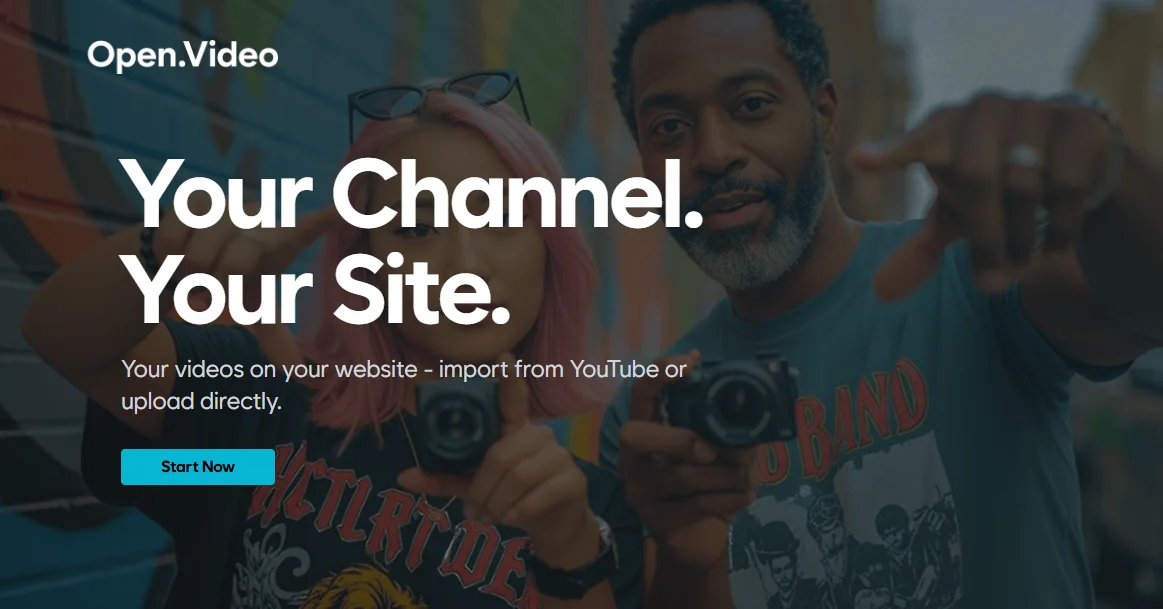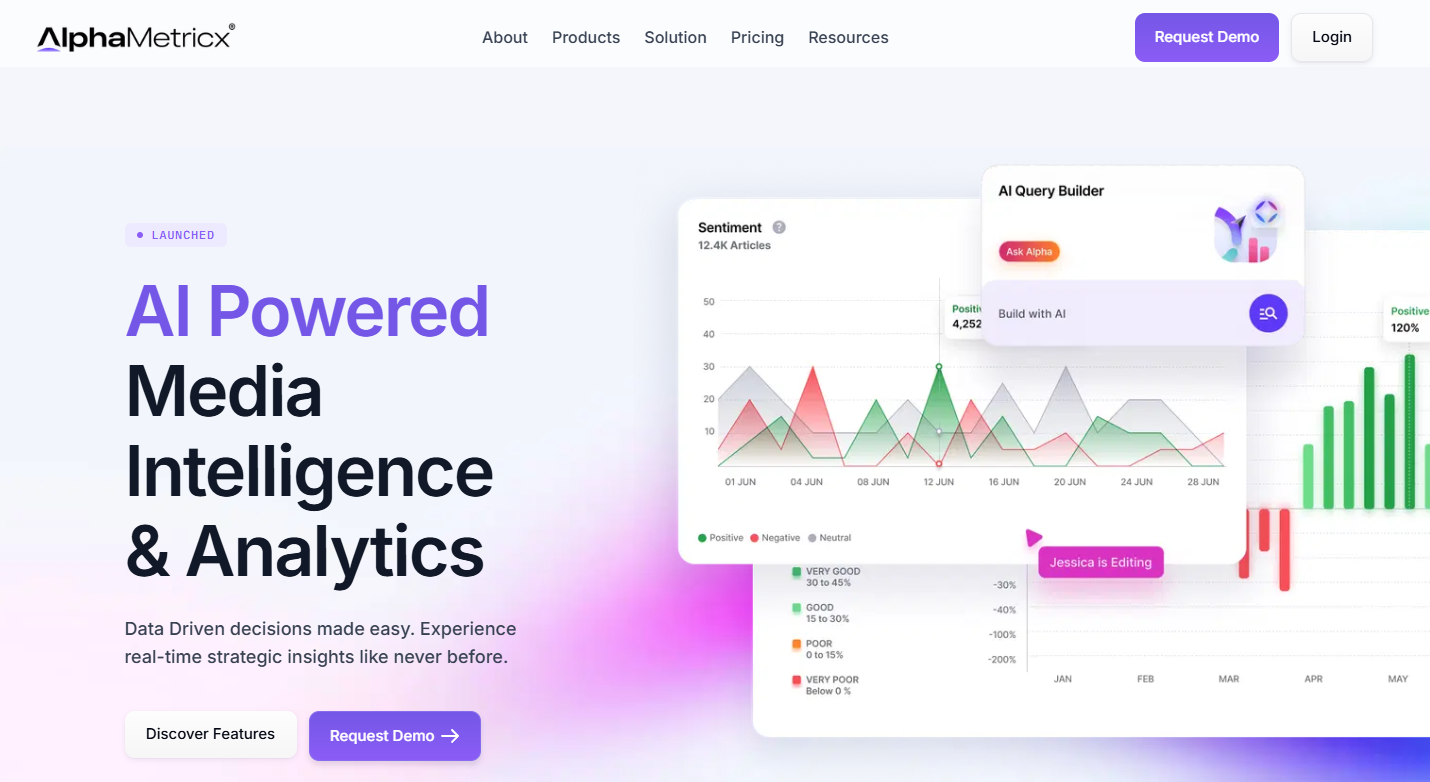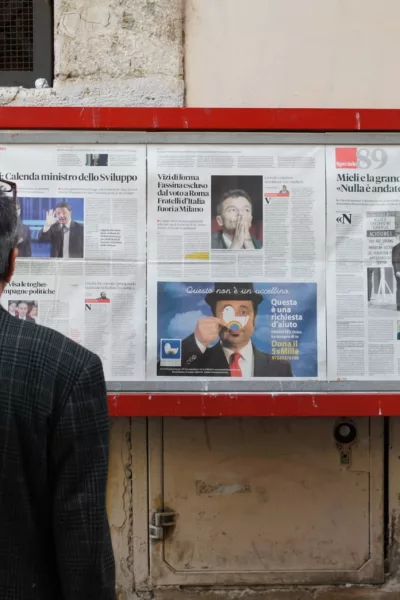I’ve begun to dread covering generative AI these days. I’ve covered the subject a number of times here — with my most recent outing being back in mid-May — and each time I end up urging publishers to keep calm and carry on.
I can certainly appreciate the publishing sector’s concerns over such a new technology, especially given its dismal relationship with technological innovation to date. The advent of desktop publishing, the internet and social media have all been harbingers of some new potential doom.
The latest dire predictions have come from News Corp. CEO Robert Thomson, who warns that AI could “fatally undermine” journalism. None of the purported threats he highlighted at the News Media Association’s World Congress were particularly new.
Remember, we’re dealing with the technology sector where 12 months is a lifetime. Publishers don’t have the luxury to navel gaze and wonder why they were caught on the backfoot yet again.
That means we need to be moving away from chewing over problems — hoping that regulation is somehow going to save the sector — and start trying to find opportunities.
I appreciated The Rebooting’s recent take on AI in advertising, with the argument being that advertisers have adapted and overcome a series of challenges over the years. The most recent case in point being advertising giant WPP’s recent deal with Nvidia to use AI to make “more tailored and immersive” adverts at scale.
Publishing, frankly, is in the same boat. Publishers that can see the potential for AI will thrive, those that can’t won’t. Beware those that stand in the path of technological progress.
With this in mind, I was encouraged by Thad McIlroy’s balanced perspective on AI’s impact on the book publishing sector. While the book publishing industry is certainly outside of my realm of expertise, I’m fairly sure any comparisons we draw to the wider digital publishing sector will hold up.
Content from our partners
Essentially, McIlroy argues that every niche of the publishing industry is set to be upended thanks to AI’s potential. And yet his argument seems to be that this is neither good nor bad, it just is. As he says: “[Y]ou can only understand the perils surrounding a new technology after you fully appreciate the opportunities that it affords.”
And with that, I’m calling a halt for the time being on AI stories in this small corner of the internet. Unless, of course, some major development happens within the space — such as an extinction level threat. Not all heroes wear capes, etc.










